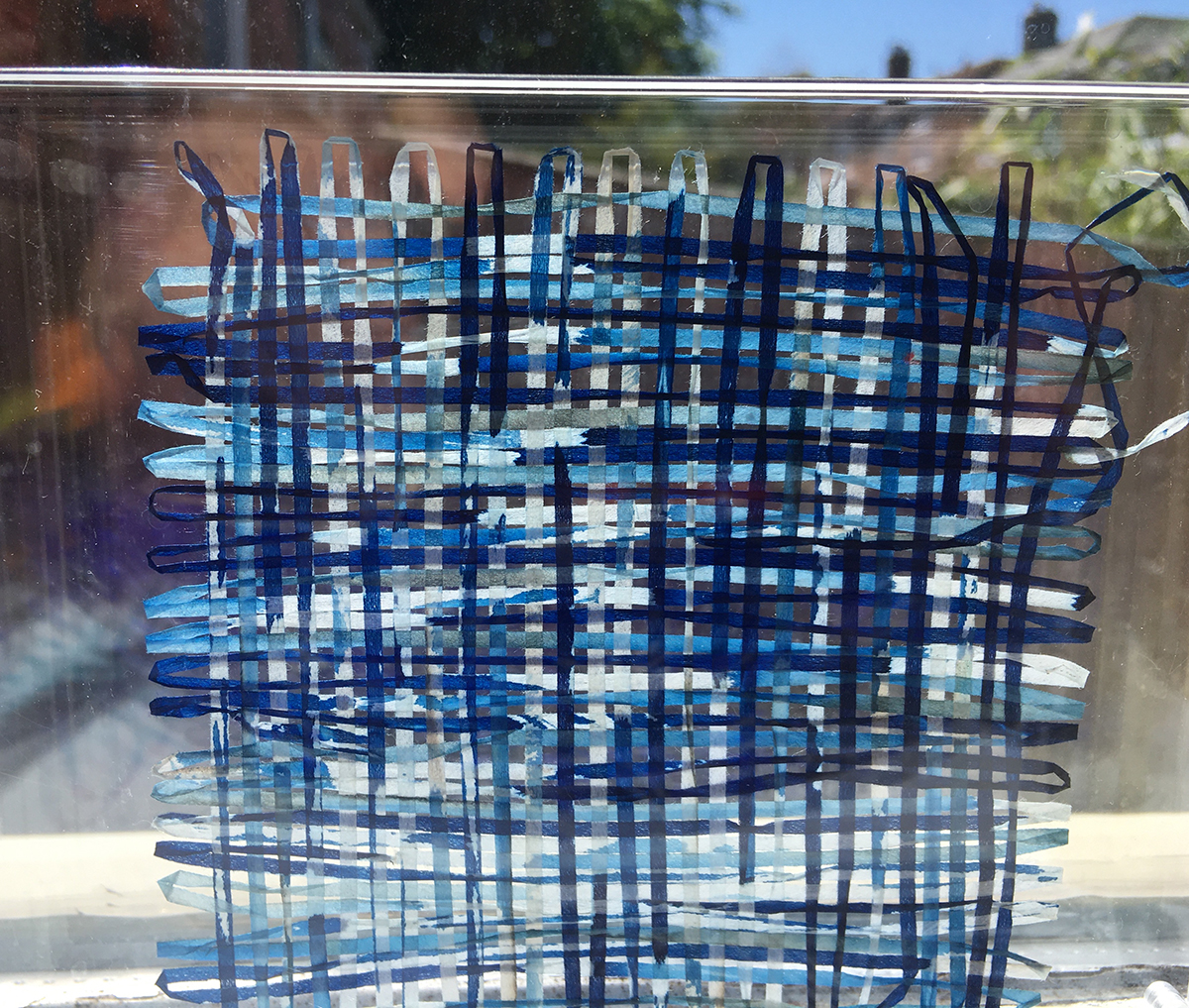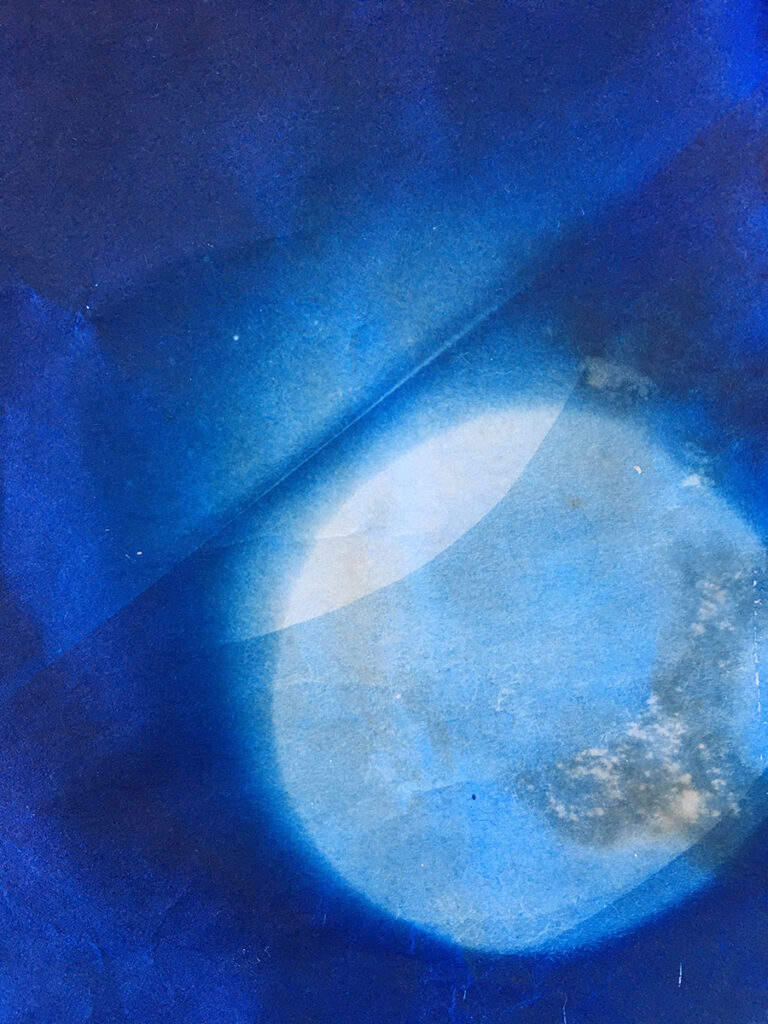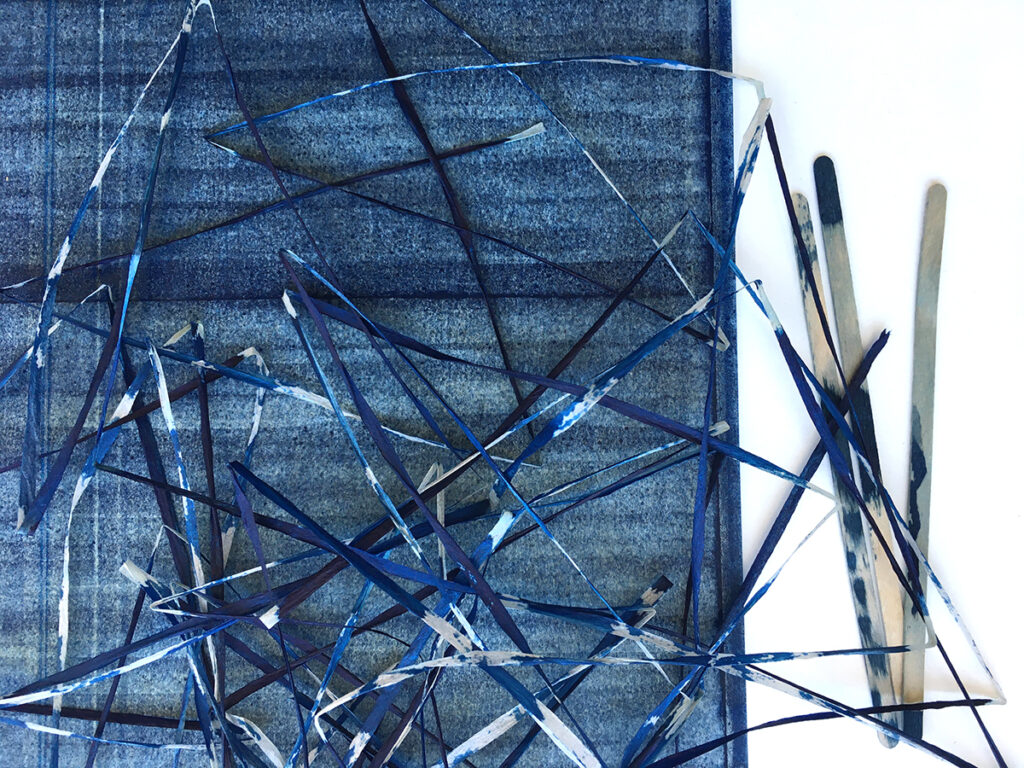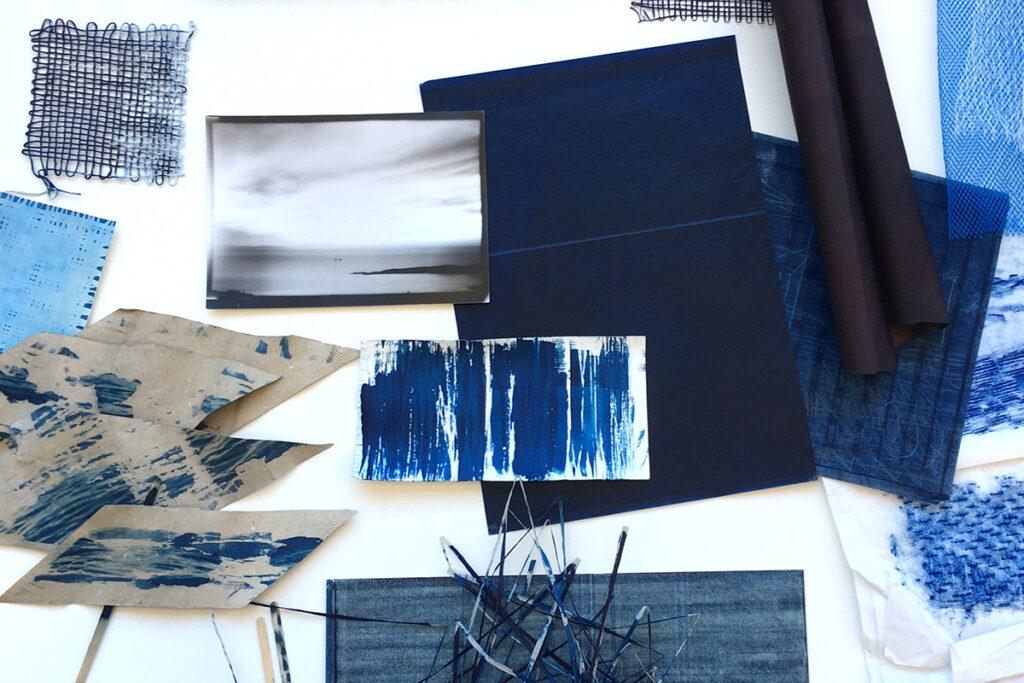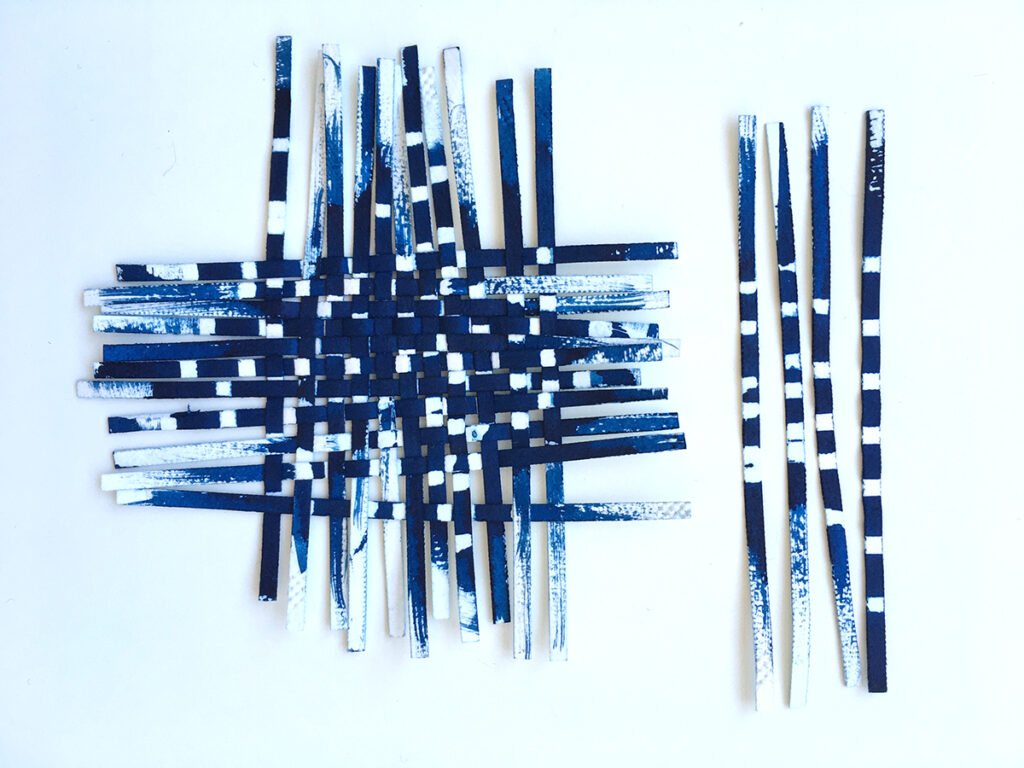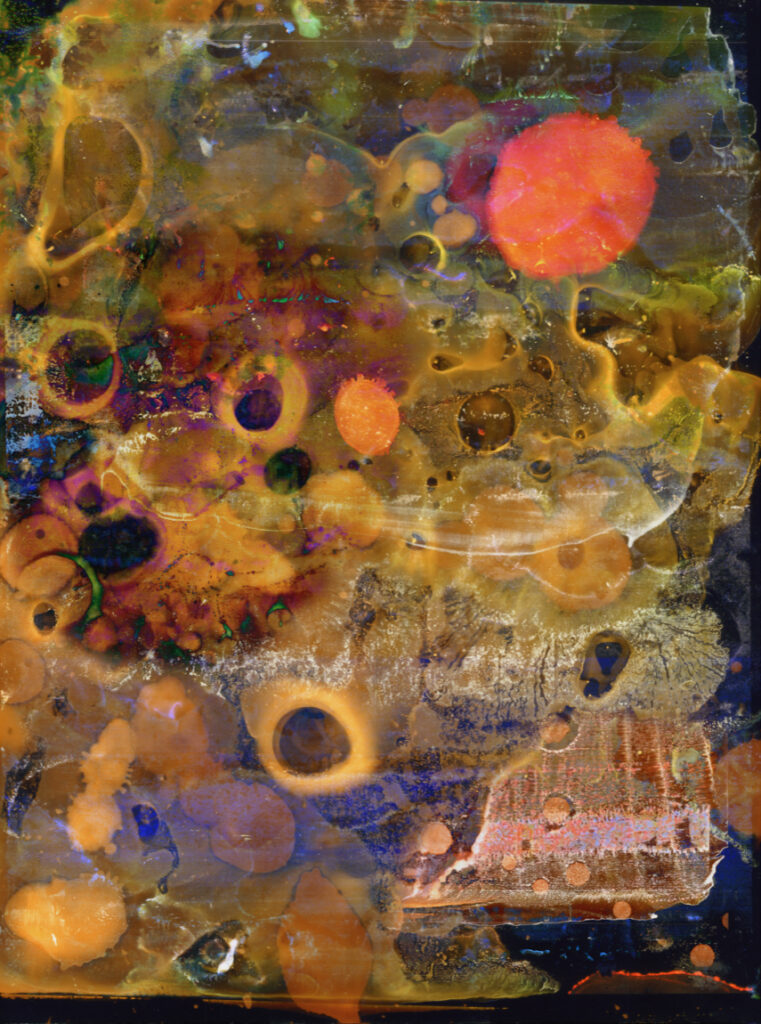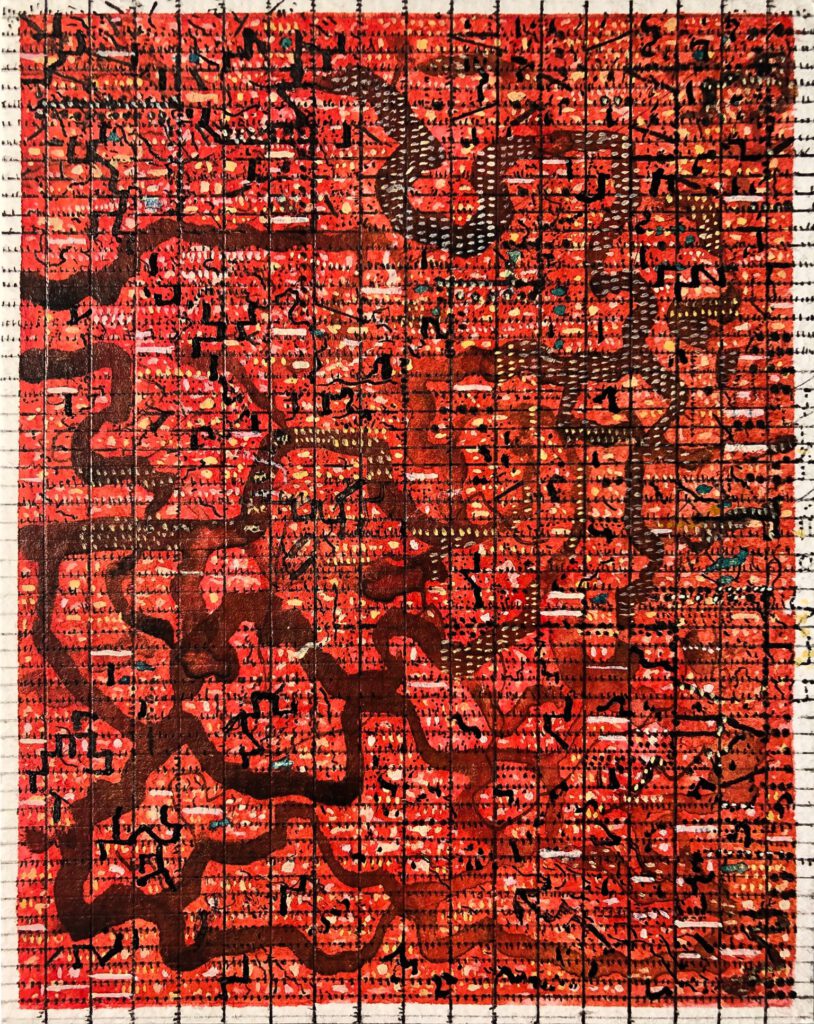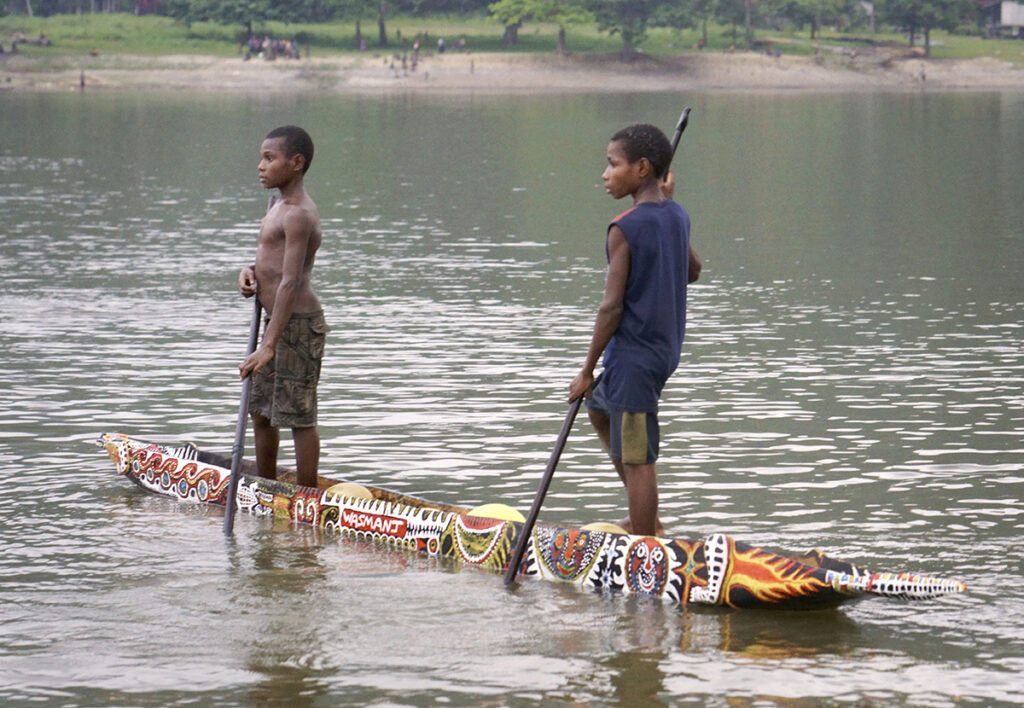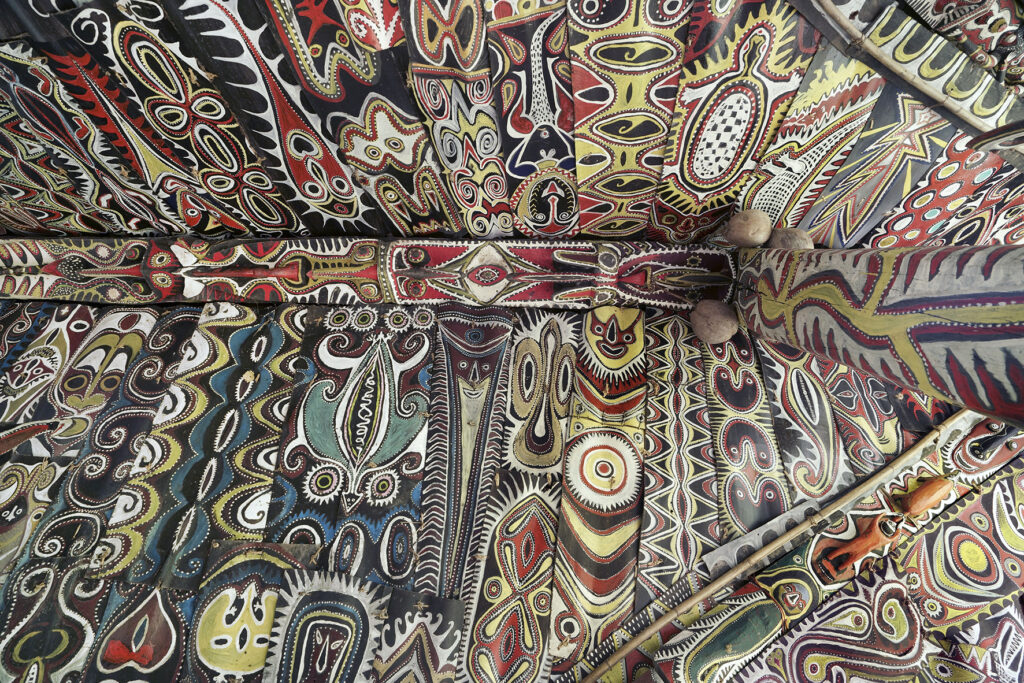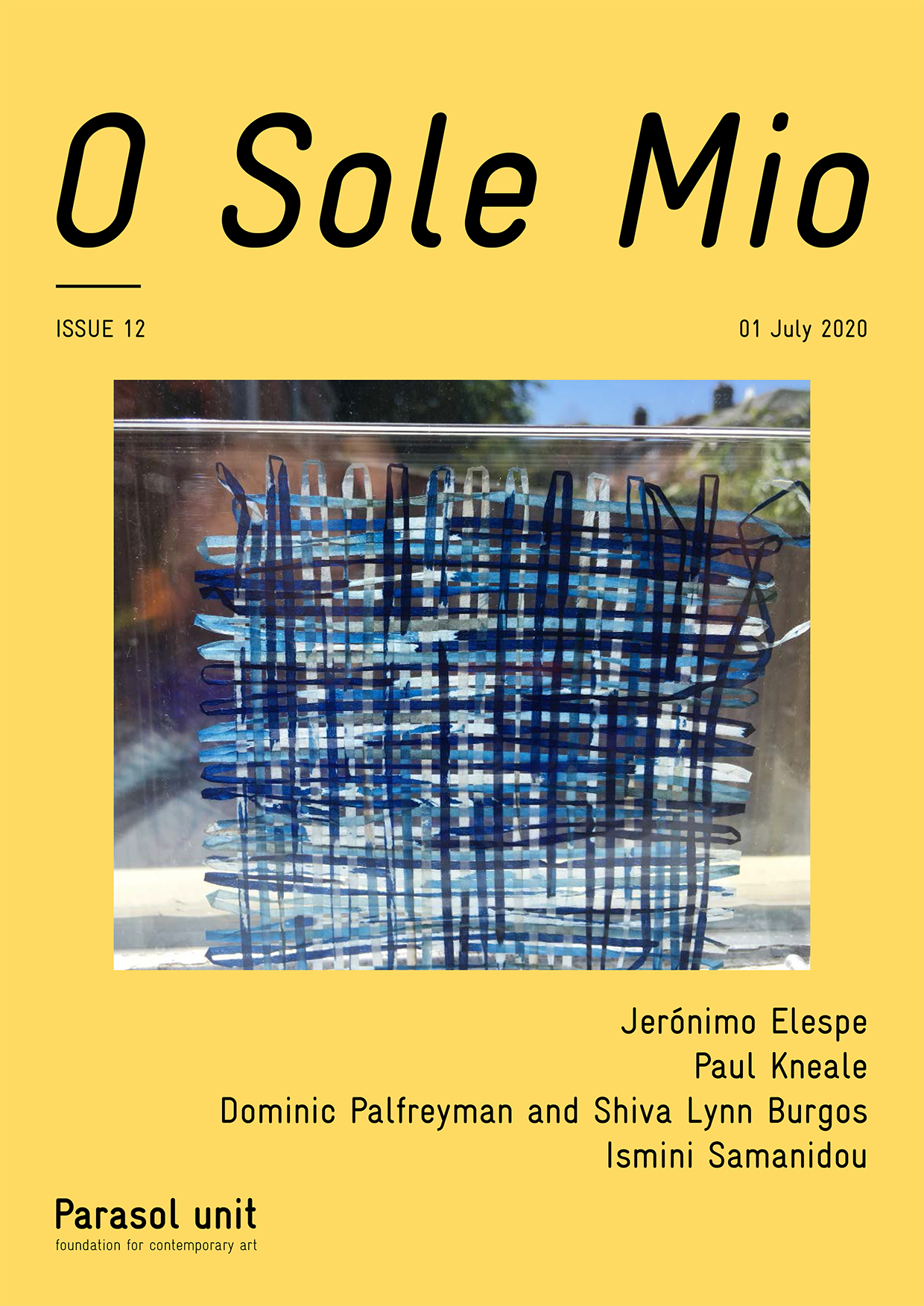 Click cover image to view full PDF
Click cover image to view full PDF
The Sun as Personal Vision
As the tip of my pencil touches the paper to write the first sentence of this introductory text for Issue 12 of O Sole Mio, which also happens to be the final instalment of our online magazine and digital exhibition, I certainly feel the meaning of coming to the end of a story. Let me, though, start by saying that this meaningful project has considerably brightened my own vision of the world during the lockdown period of the Covid-19 pandemic. Yet and although I remain upbeat after four months of limitation, I also realise that by writing these lines, I am brushing on something that will never come back.
Meanwhile, in a matter of only three to four months of lockdown we have all learned a great deal. We have learned to appreciate our freedoms, to appreciate how it really feels to be human and vulnerable, to appreciate having time for one another, to appreciate listening to and learning from others and, finally, as the US Chief Justice John Roberts noted in his address to a class of high-school graduates, Covid-19 should at least have taught us humility. During the weeks of lockdown, we have perhaps also reflected on various issues. Incidentally, as I write I am unconsciously listening to Nisi Dominus | Without God, all is in vain, set to the heavenly baroque music of Antonio Vivaldi. How ironic and in some ways beautiful.
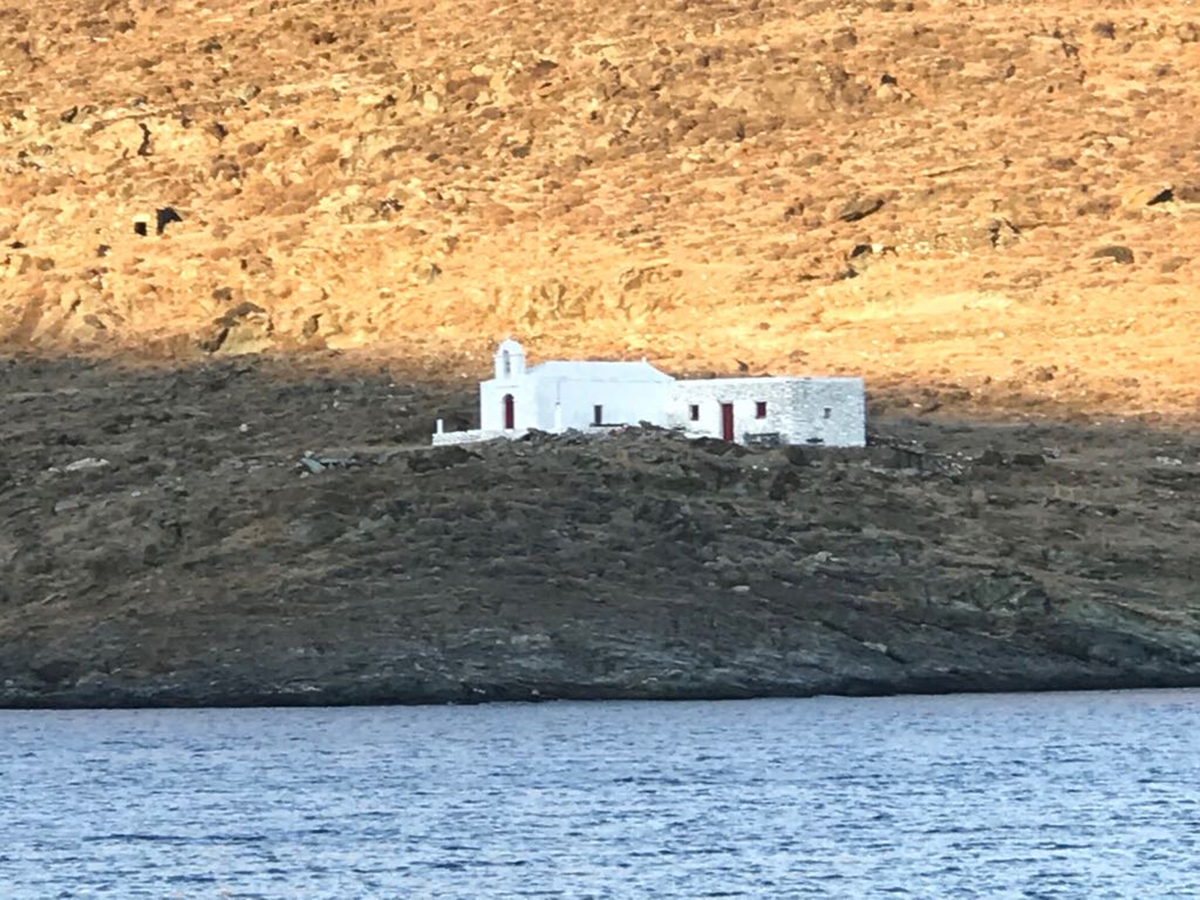
As part of my own learning experience during the O Sole Mio project, I have hugely appreciated the efforts of numerous artists and art professionals who, at a moment of shock and desperation, spontaneously accepted my invitation to be part of this special undertaking. Their solidarity verged on the heroic in several ways, including having to remain innovative and create from the inside while being challenged and overwhelmed by outside events. I am still in awe of their admirable commitment, our unity and our sense of mission, all of which proves that creativity, if used properly, can provide a route through many challenges in life. Since creativity comes from within, it follows that enlightenment must be immaterial and a deeply personal vision. I am tremendously grateful for the numerous thoughtful contributions that landed on my desk and made the curating and editing of each issue of O Sole Mio such a privilege and, ultimately, a labour of love. I felt energised that together we could achieve wonders for our souls, our mental well-being and freedom. It is only fitting, therefore, that I offer here my deepest gratitude to everyone who participated in this project – those who contributed works and text, and the Parasol unit team, particularly Kirsteen Cairns, who worked very hard to ensure that a fresh issue would appear on your screen every Wednesday morning. It is equally fitting to express my gratefulness to Helen Wire, our fabulous and tireless copy editor. Our texts land on her desk anytime during the day, night and weekend and we surely receive them back shortly after and in perfect style. It was a joy to work with Helen during Parasol unit’s London chapter and it remains a privilege to have her on board as our activities are repositioned.
Now, to Issue 12. I was intrigued to see that the contributed works have each arisen somehow directly ‘from the gut’, which means that each artist would have had to have sensed them in every tiny detail, otherwise the works could never have been completed. I have no doubt that in doing so, each of the artists will have journeyed far within their own thoughts and universe.
Ismini Samanidou’s presentation and text in this issue remind me of my own decision some forty years ago to change profession from science to art. Today, more than ever, I understand why I needed to change direction, to feel and to grasp every fibre of ingenuity, because one’s own creativity and inner being must travel together, inseparably. Samanidou, a textile artist, is both passionate about her work and idolises her native country, Greece, which with its rich history and somewhat glorious and tumulus past, along with its natural beauty, has inspired her work. Her sensitive and touching text, which accompanies the images and references for some potential works, bear testimony to what inspires her, to her way of seeing the world and to her work process. In her works, every fibre clearly tells a different story, while the meditative nature of her holding and feeling every thread between her fingers and remembering or imagining their stories, their past and ultimately following their journey through time, makes her devotion to the art of textile all the more worthwhile. Being totally absorbed by her work, Samanidou questions again and again, what is time? Is it the time lapsed, the time we live in now or the time that has yet to come? How could her activity be otherwise than meditative and self-absorbing, when she herself opened her eyes in a land where the echo of mythology around those wondrous islands and the depths of alternately churning and calm waters are so prominent. How could she be influenced by any other colour than blue indigo – the pure reflection of sun-saturated air and blue skies into the sea below.
Captivated by the creative power of the sun within his working environment in a large city, Paul Kneale creates seemingly sun-drenched paintings, such as Smoking Ozone. Historically, the medium of painting has been seen to produce an illusion of the real world, but in Kneale’s hands the world created possesses its own independence without being all together disconnected from the real world. Indeed, the rays of sunlight reflecting into his studio space are an important influence and generate a whole new and constructed world on the canvas that emulates potential realities. In some ways, this confirms the importance of the natural environment to us human beings. Whether we dwell in a large metropolis or are fully sheltered in nature, the sun is a stimulator of personal and private vision.
Lumina by Jerónimo Elespe, is a small, 11.5 x 9 cm, work on paper in vibrant red, on which countless intriguing patterns and details are drawn. The medium is given as ‘ink and pencil on paper’, yet the most puzzling part of the work consists of a multitude of details and annotations, which lead us to wonder if they are lines of tightly handwritten words or perhaps some sort of secret diary. The imagery could be considered abstract with some hint of geometric patterns, but this becomes less certain as we observe some black bands or thick lines running throughout most of the work’s surface, here and there punctuated by tiny yellow marks. We ask ourselves whether they are part of a maze or some labyrinthian structure – lines which ought to lead somewhere but somehow stop short. While drawing these lines, could the artist’s train of thought have been interrupted in favour of other ideas? Several years ago, Elena Foster introduced me to Jerónimo Elespe, a Madrid-based artist who often works on a miniature scale, making enticing and enigmatic pieces that reward our time and close attention. Despite their tiny size and private nature, these works are not wholly impenetrable. Indeed, the viewer’s participation and interpretation seem to be necessary elements for the completion of these works.
For the reflection section of this issue we have the unique and immense pleasure of being given a glimpse of what Dominic Palfreyman and Shiva Lynn Burgos have experienced in a remote Kwoma village in Papua New Guinea. This ongoing artistic partnership/collaboration built there by them both since 2013 is noteworthy and described in the text that accompanies the various images they have kindly contributed. Their, or rather Shiva’s 2018 collaboration entitled Mariwai has harnessed the effort of local painters, sculptors, weavers and musicians from the region to build and paint an incredibly beautiful canoe which reflects traditional art and their ownership of it. For those of us, who are not familiar with the art of the region, these intriguing images must at the very least reflect the primordial and inner feelings of the artists, set within the animist cosmology of the culture.
From the collective culture of ancient Greek mythology expressed in the work of artist Ismini Samanidou, to the art and beliefs of people in remote Papua New Guinea as introduced by Dominic Palfreyman and Shiva Lynn Burgos and, finally, to the private and personal visions of the artists Jerónimo Elespe and Paul Kneale, we have certainly covered much ground and distance. Even so, the true reality is that no matter where we come from, what is most important are the values and vision we each carry within us, for no single culture can ever be superior to another. All cultures live through highs and lows, as the rise and fall of various empires have proven time and again. Essentially, it is what each one of us carries deep within our soul and person – the creativity, innovation and resources bestowed upon each of us and the use we make of them – that differentiates one human from another. It is therefore once more with O Sole Mio (my own sun) that I would like to end this digital exhibition/publication, because eventually the sun and light inside each of us will carry us forward.
Ziba Ardalan
Founder, Artistic and Executive Director


